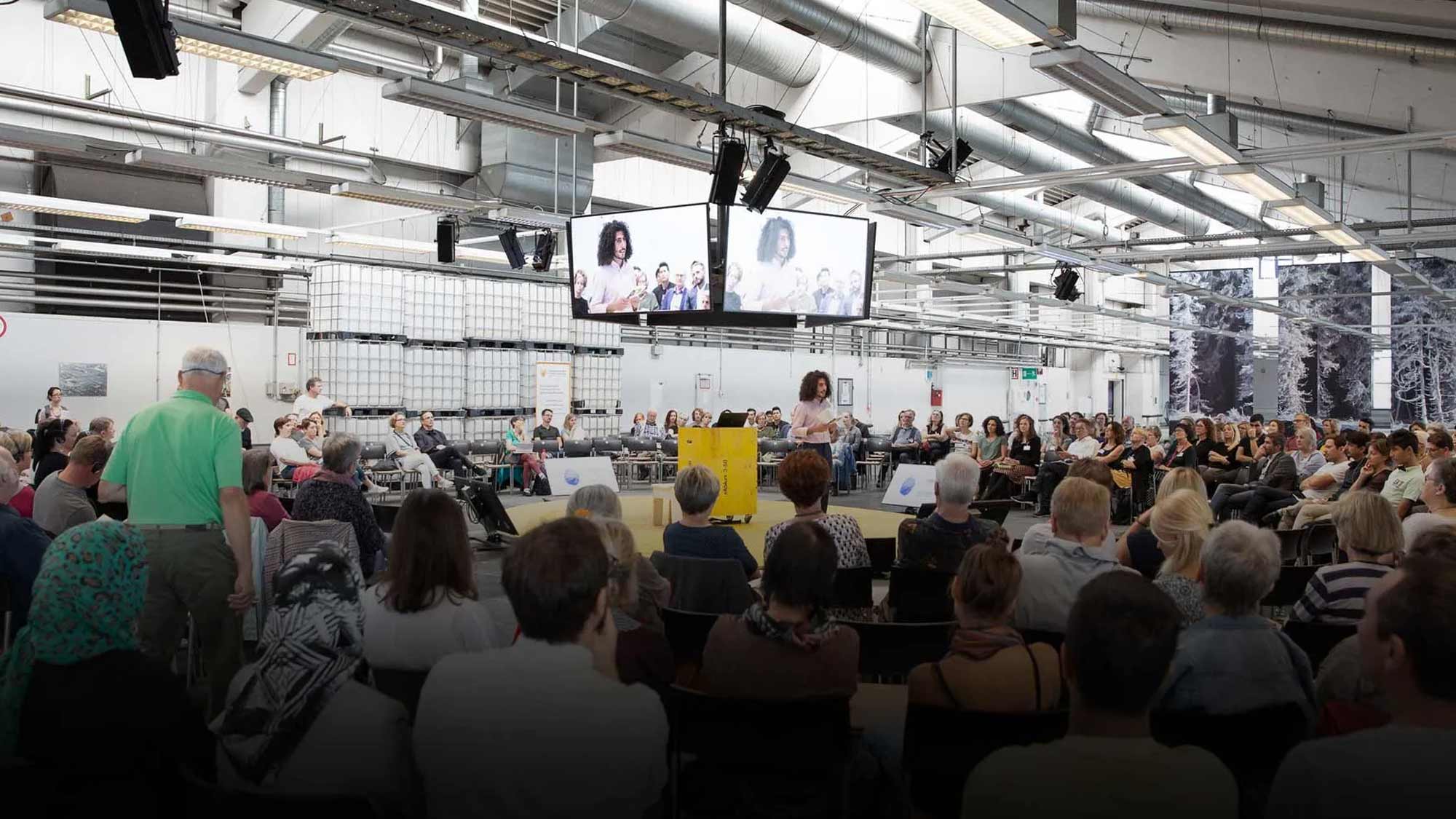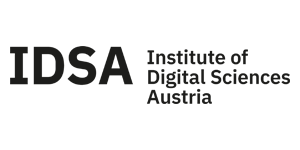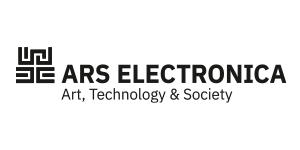Uniting the diverse minds of 75 interdisciplinary students from around the globe in a creative and collaborative environment during the FOUNDING LAB Summer school led to the development of thought-provoking approaches for the university of the 21st century. In their collective keynote, the students share their vision for the evolution of higher education from both a philosophical and practical perspective. The FOUNDING LAB Students will introduce their take on the disciplines, skill sets and infrastructures that a new university must focus on in order to position academic discourse at the heart of society and at the forefront of innovation and progress.
Chair
Katja Schechtner (AT)
Vanessa Hannesschläger (AT)
Speakers
IDSA x Ars Electronica FOUNDING LAB Summer School Students
Credits
This program is implemented in cooperation with the Institute of Digital Sciences Austria (IDSA) and funded by the Federal Ministry of the Republic of Austria for Education, Science and Research.
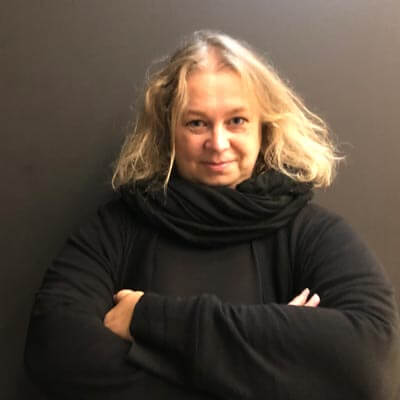
Katja Schechtner (AT)
DI Katja Schechtner, MSc., Austria
Member of the Founding Convent
Katja Schechtner is an urban scientist who advises global governments and businesses on how they can build the cities of the future. Previously, she developed technology and innovation policy at the OECD in Paris, led infrastructure programs at the ADB in Manila and a research lab at AIT in Vienna. As part of the MIT Senseable City Lab in Boston, she regularly publishes her work, which has also been featured at the Architecture Biennale in Venice, Ars Electronica in Linz, and the Seoul Biennale for Urbanism, among others.
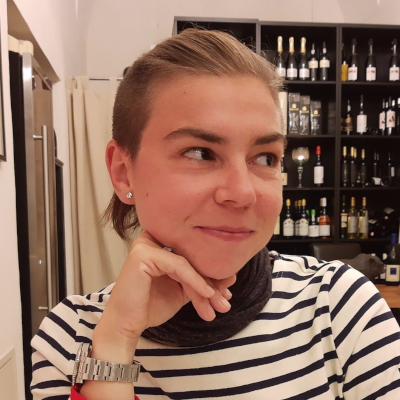
Vanessa Hannesschläger (AT)
Vanessa Hannesschläger is head of European Projects of Ars Electronica Festival in Linz, Austria. She holds a PhD in literature from the University of Vienna, where she teaches digital humanities. Her research focuses on new narratives and forms in theatre, a topic she explores in her work at Ars Electronica in projects around digital theatre and new approaches to XR. In the European policy context, Vanessa advocates for digital infrastructure for the arts and humanities, data literacy and Open Science.
